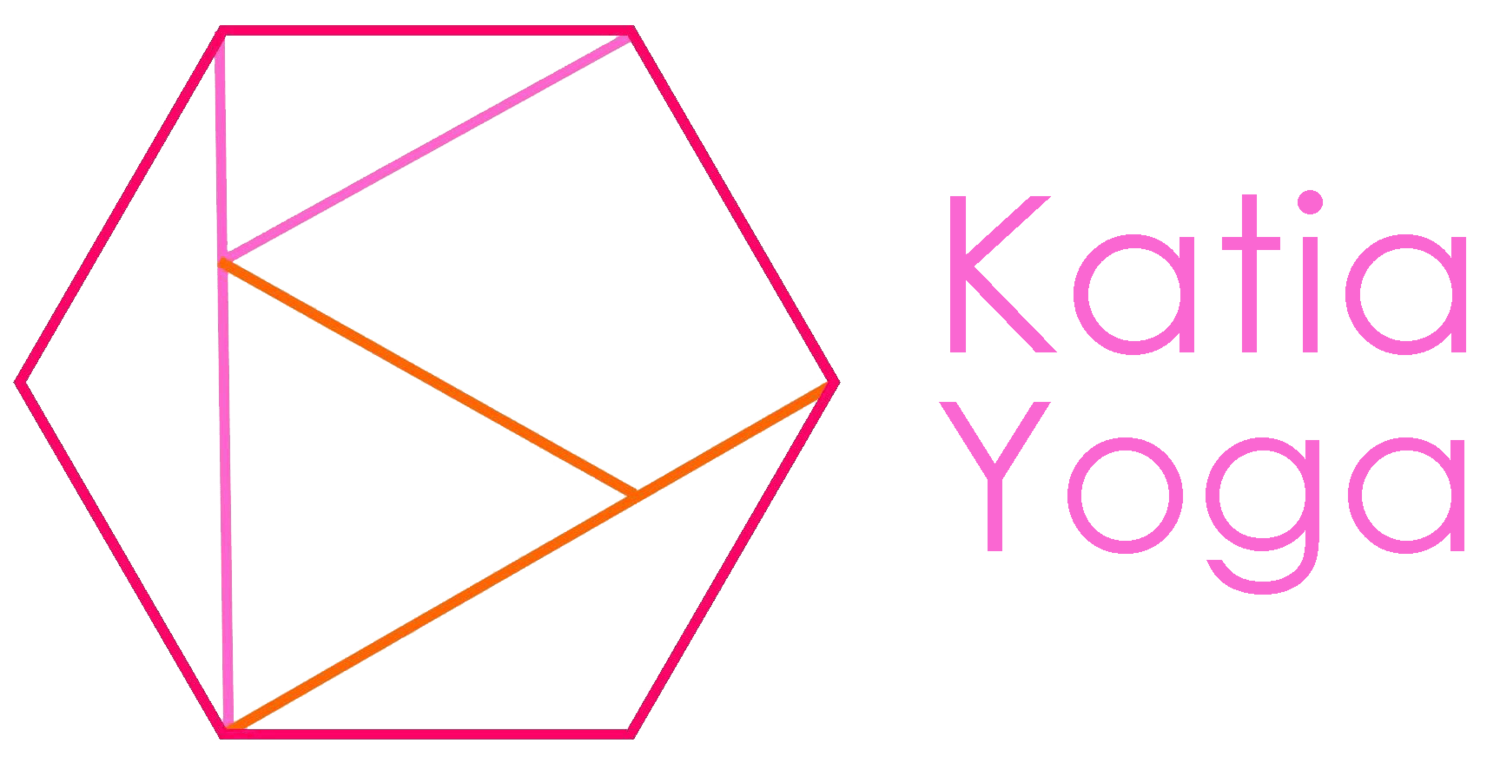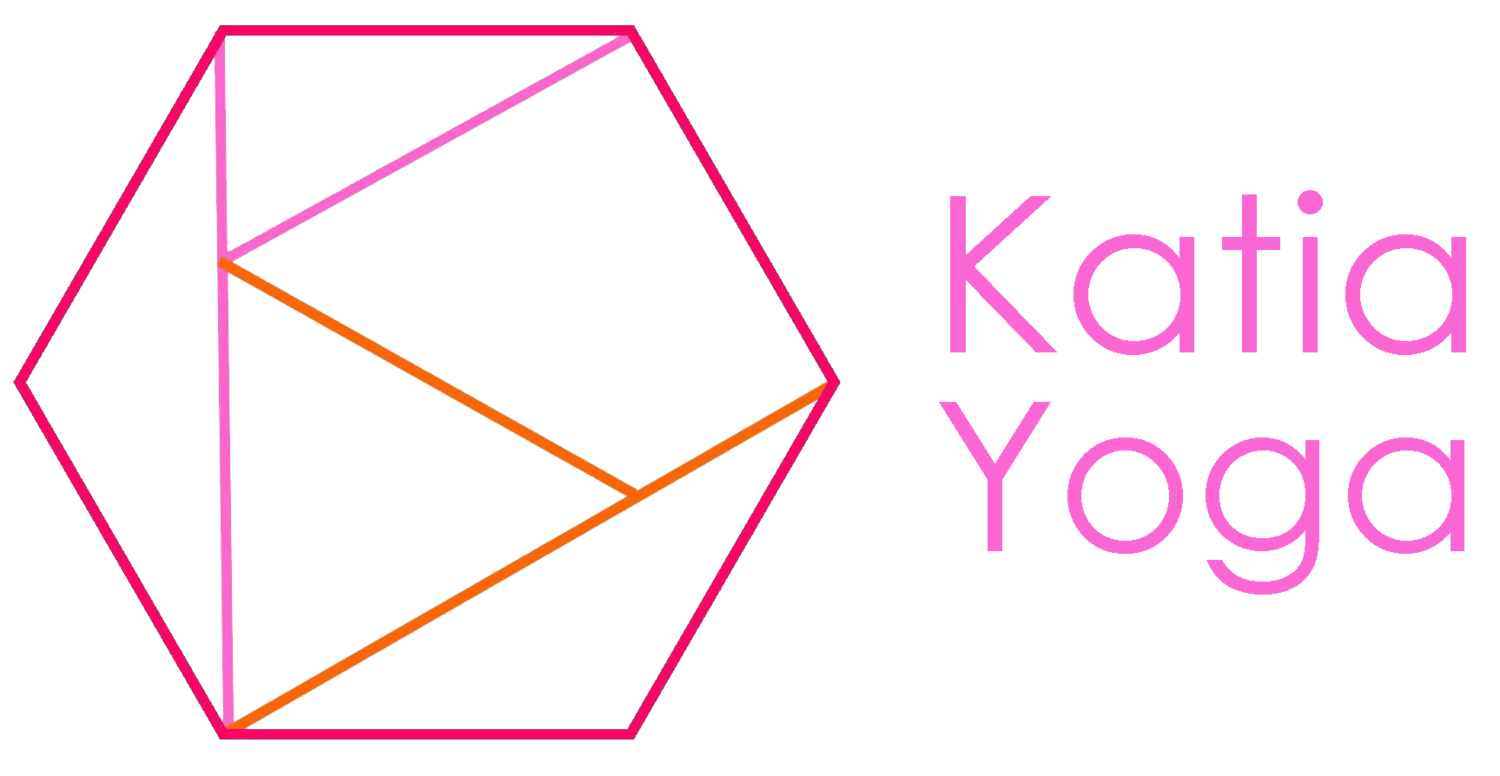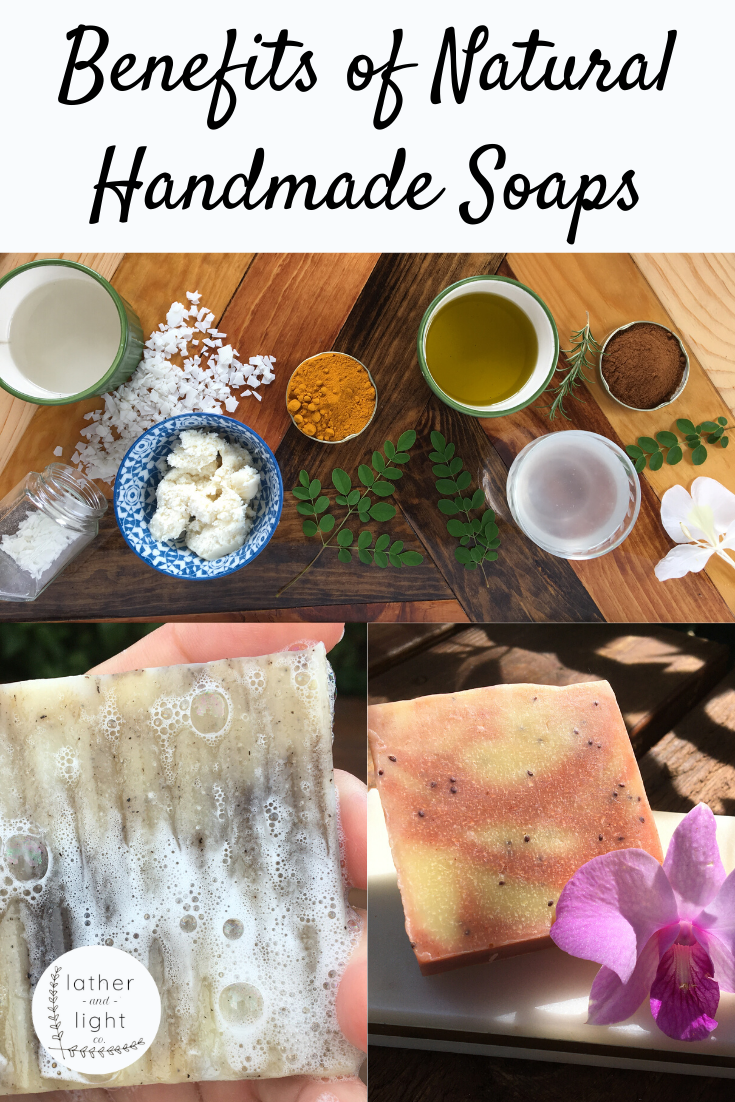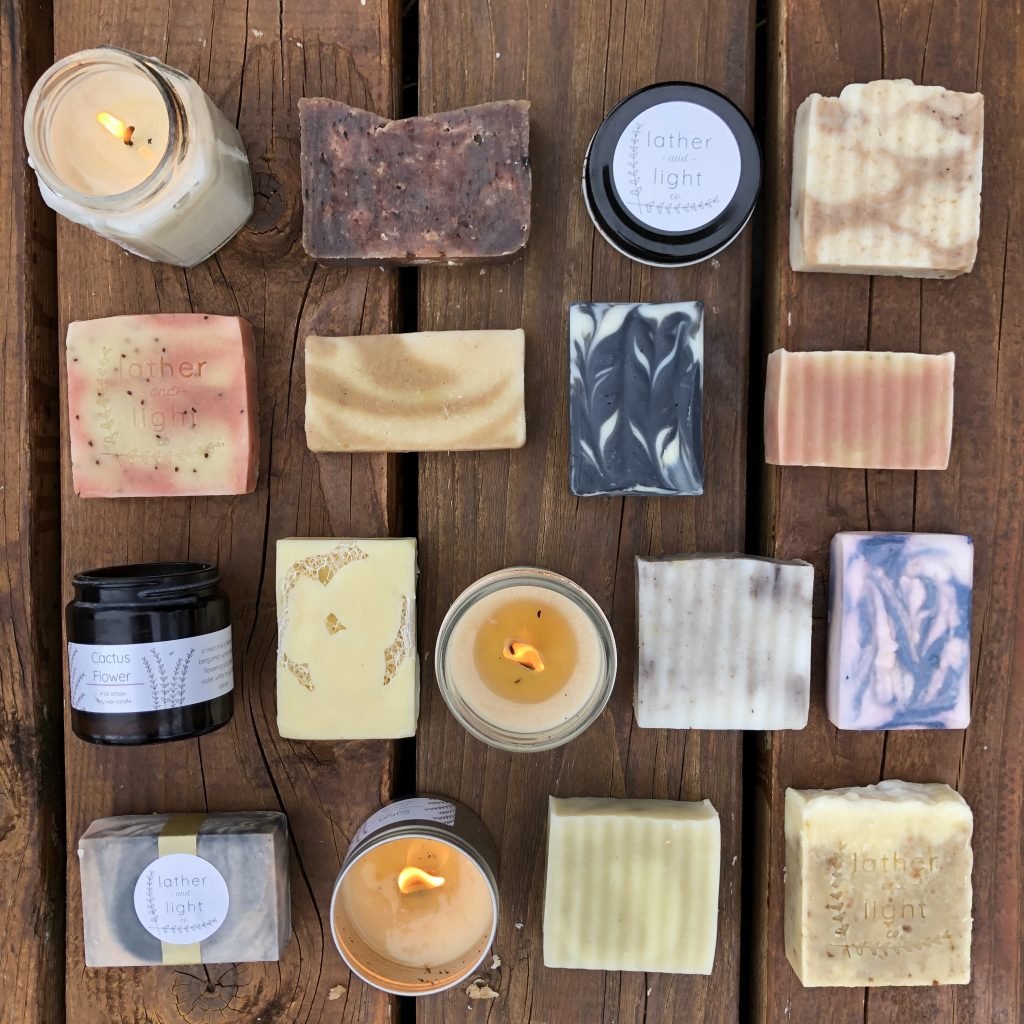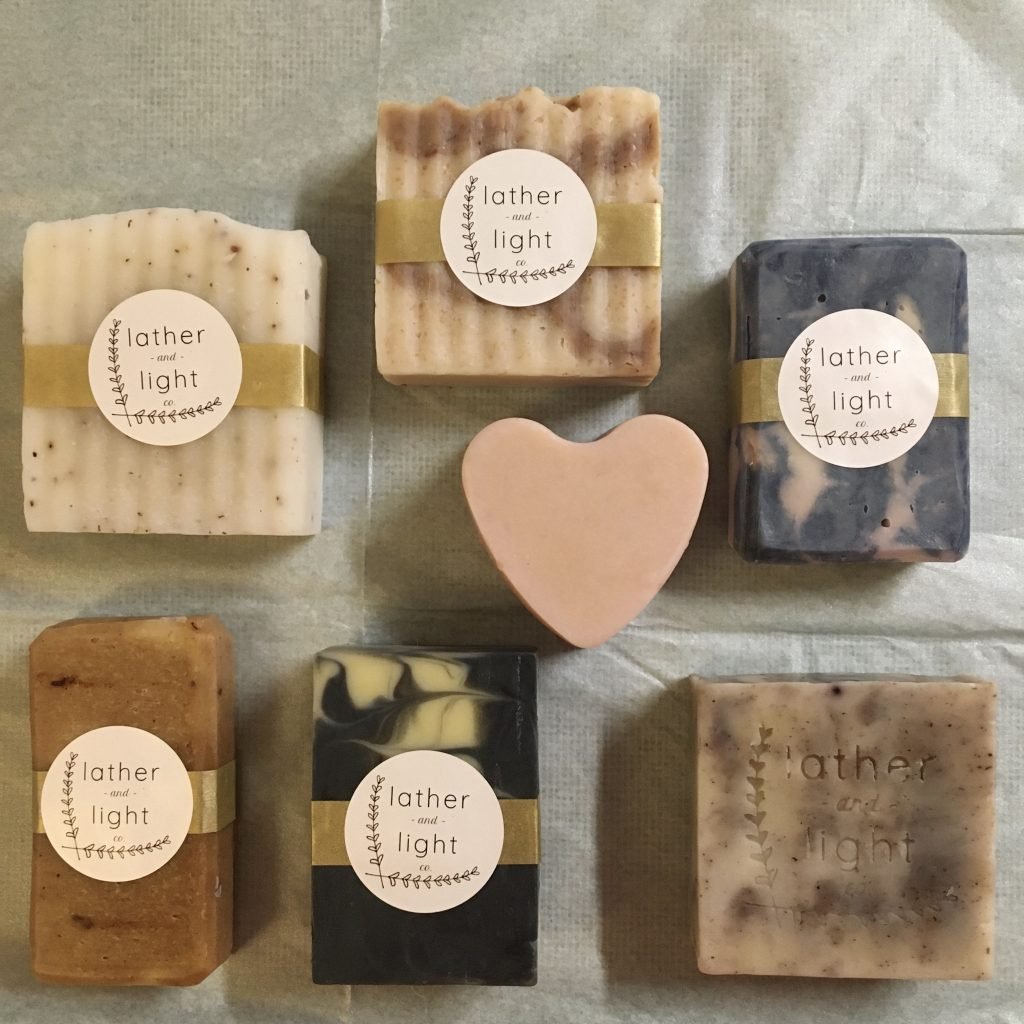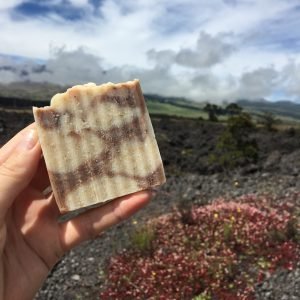Benefits of Handmade, Natural Soap
In the process of learning how to make soap, I learned a lot about soap, naturally. I was somewhat amazed and more than a little surprised. Read on and you might want to make the switch to a good old-fashioned bar of soap too!
I'm not going to lie to you. I'm writing this in part because soap making is my newest hobby and I have an overabundance of delicious-smelling, luscious, creamy, sudsy bars. And I'd still like to make more but a girl can only wash so many times in a day. If you'd like to see my plant-based, all-natural bathing beauties or have one for yourself, check out Lather and Light Co or read on as there are several photos of my handmade soaps below (which link to the shop).
Soap vs. Wash
You may be thinking "yeah, my dad has a bar of soap in the shower." Perhaps you prefer a body wash? The phrase body wash wasn't just a cute name someone thought of. Manufacturers literally can't call body wash a soap because it isn't one. Soap describes something that has gone through the process of saponification, where water, oils, and lye transform into... soap!
A body wash, hand wash, or dish wash doesn't have the same properties as soap so they can't call it a soap. It just isn't soap! (Technically, they're detergents! and you probably don't actually want to wash with that)
Maybe now you're thinking, "isn't lye bad for you?" Yes, if you were to put it directly on your skin is sure would be. Lye can clean out pipes. However, during saponification, all of the lye is transformed into soap. The process takes a couple of days, sure, but once the soap gets to you, the lye is gone. Soap typically cures for weeks to set even after its transformation. Soap isn't dangerous because of lye unless something went terribly wrong in the making of the soap.
Soap and Germs
You've probably heard that when they measure the germs in different areas of a home or school, the soap is one of the germiest things. Good news! Studies show that all of those germs that were sitting on top of the soap and the ones that were on your hands already go right down the drain with the suds. Your hands are sparkly clean after washing with soap.
Dry Skin
Skin gets itchy. It's usually because the dead skin is ready to come off. Rather than lather up with lotions and butters, try an exfoliating bar of soap, a scrubby brush, or pumice stone (depending on how itchy it is and what part of your body). Get rid of the problem rather than soothing the symptoms and hanging on to that dead skin.
Handmade Soap Ingredients
The ingredients in soap are all ones you can pronounce with ease and in my handmade soaps, the list isn't very long either. It's all good plant-based stuff that's good for your skin-- nourishing, gentle, and healthy. Store-bought soaps are allowed to add ingredients that are generally considered to be safe and they don't even have to list it. Technically, for soaps, the ingredients don't have to be listed at all actually. But in each of my descriptions, I'm pleased to tell you all of the good stuff that went into your luscious bar of soap.
Final thoughts
Gettings back to washing with a bar of handmade soap may be a bit of an adjustment, but I bet your body will thank you. Pretty please check out my shop: Lather and Light Co.
